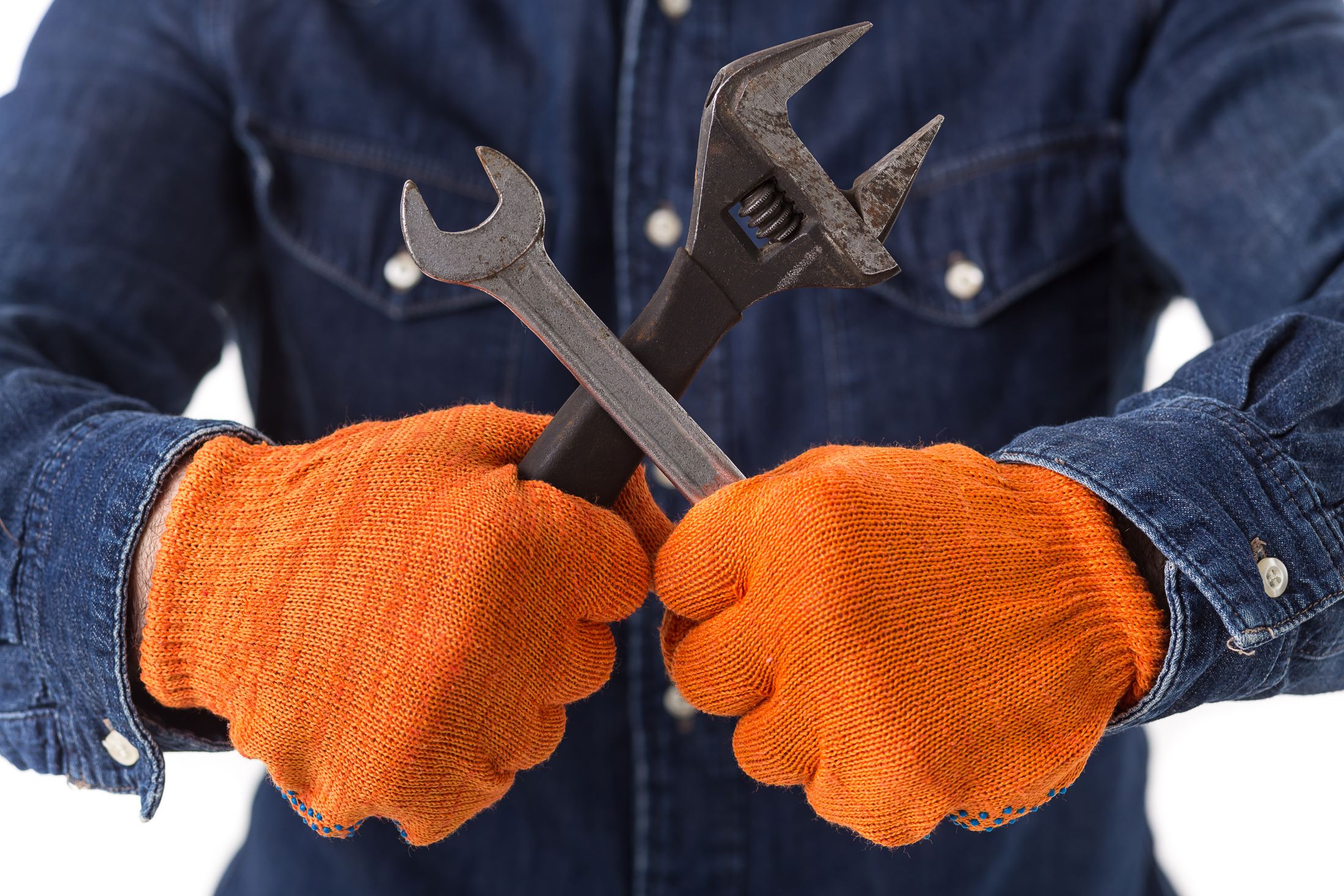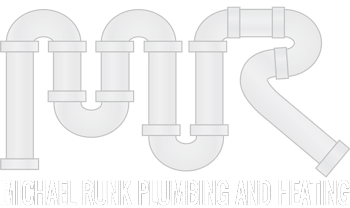As essential as plumbing is to our daily lives, it’s no wonder homeowners often have questions about their plumbing systems. From maintenance to troubleshooting, understanding the basics of plumbing can help homeowners address issues promptly and make informed decisions about repairs and upgrades. Check out these five common questions homeowners frequently ask about plumbing to empower you to better care for your home’s plumbing system.

1. How Can I Prevent Clogged Drains?
Clogged drains are a common plumbing issue that can disrupt your daily routine. To prevent clogs, avoid disposing of grease, food scraps, coffee grounds, and other debris down the drain. Use drain guards or screens to catch hair and debris, and regularly flush drains with hot water or a mixture of vinegar and baking soda to dissolve buildup.
2. What Should I Do If I Have Low Water Pressure?
Low water pressure can be frustrating, but it’s often a symptom of underlying issues such as mineral buildup, leaks, or faulty fixtures. Start by checking for leaks and ensuring that all valves are fully open. If the problem persists, consider contacting a professional plumber to inspect your plumbing system and identify the cause of the low water pressure.
3. How Often Should I Have My Water Heater Serviced?
Regular maintenance is essential for prolonging the life of your water heater and ensuring optimal performance. It’s recommended to have your water heater serviced annually by a professional plumber. During a service appointment, the plumber will flush the tank, inspect for leaks or corrosion, and check the pressure relief valve to ensure that your water heater is operating safely and efficiently.
4. What Can I Do to Prevent Frozen Pipes in the Winter?
Frozen pipes can lead to costly damage and inconvenience, especially during the winter months. To prevent frozen pipes, insulate exposed pipes with foam pipe insulation or heat tape, and keep garage doors closed to maintain warmer temperatures. During periods of extreme cold, allow faucets to drip slowly to relieve pressure and prevent pipes from freezing.
5. When Should I Call a Professional Plumber?
While some plumbing issues can be addressed with DIY solutions, there are times when it’s best to call a professional plumber. If you encounter severe leaks, burst pipes, sewage backups, or persistent plumbing problems that you can’t resolve on your own, it’s essential to seek professional help promptly. A licensed plumber has the expertise and specialized tools to diagnose and repair complex plumbing issues safely and effectively.
Having a Plumbing Emergency?
Understanding the basics of plumbing and knowing how to address common issues can help homeowners maintain a healthy and functional plumbing system, however, there are times when you need to enlist the help of a plumbing professional. When that happens, look no further than Michael Runk Plumbing and Heating. We’re here to help answer all your questions as well as provide honest, high-quality plumbing services.
Contact us today to speak to one of our plumbing experts.
